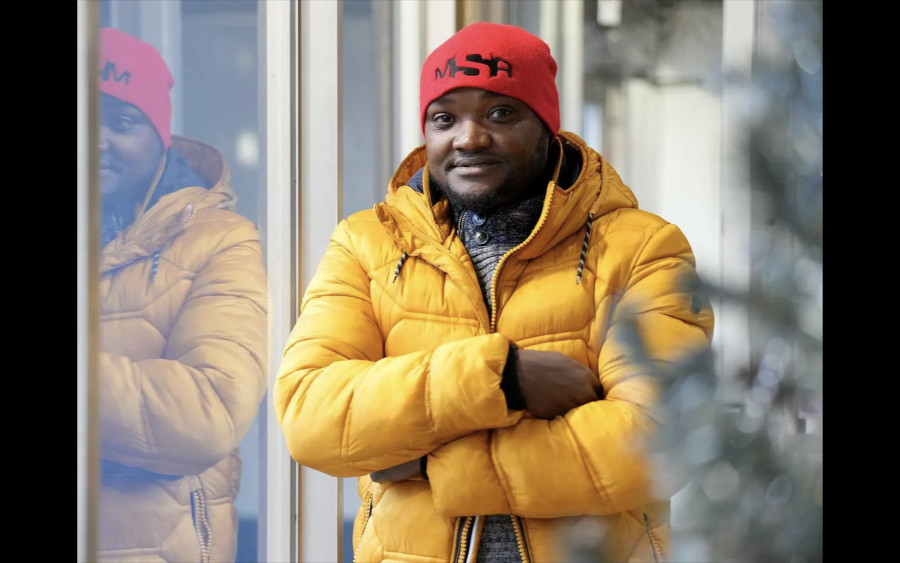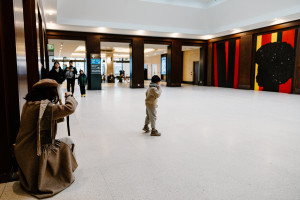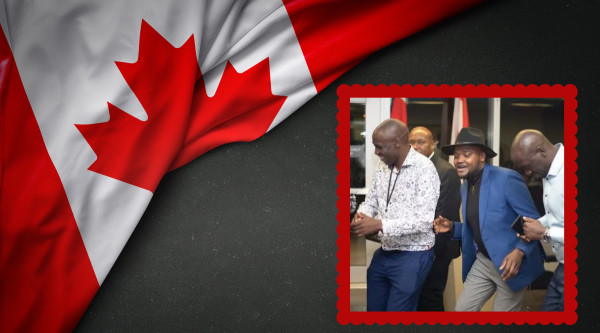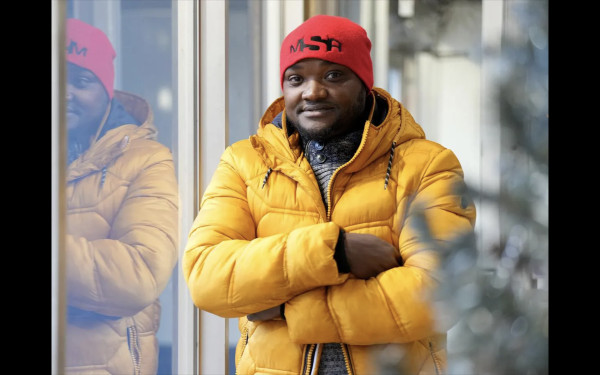However, the government only granted him an extension of 18 months on a temporary residence permit. To stay in Canada permanently John Mulwa will need to prove his life is in danger back in his home country of Kenya.
According to Section 96 of the Immigration and Refugee Protection Act, a refugee is a person who has a well-founded fear of persecution for reasons of race, religion, nationality, political opinion or social group. The Supreme Court of Canada held that a fear of persecution must hold subjective and objective. That means Mr. Mulwa must prove his case gives him subjective cause to fear, and that there is also objective proof his life is in danger.
“The evidence needed was from the people planning to kill me, how can I get a letter from the people planning to kill me?”
He makes a good point. According to Mulwa, he was forced to flee and leave his family due to violent land disputes that led to his father's house being set on fire. This hard-to-prove claim is made worse by the idea that Kenya is not deemed dangerous enough in many cases. Without an ongoing civil war or direct terrorist threat, western nations do not give weight to the other forms of political violence that exist in countries like Kenya, Haiti, El Salvador and other places.
Conflict in developing nations is often a complex system of violence, economic hardship and climate catastrophe. Many of the conditions set out to claim refugee status are outdated and don't take into account new realities. Kenya is one country in the middle of a climate catastrophe. With as much as two-fifths of the country desertifying, arable land is becoming precious, and as resources dwindle different types of conflict appear. These conflicts are lengthy in nature. A drought in 2020 pushed pastoralist herders from Kenya’s semi-arid area into Laikpika Country, where different communities of herders and farmers violently clashed over land. Since September 2021 this conflict has left 35 people dead. Conflicts like these are becoming increasingly common as climate change eats up resources in mainly Black and Brown communities worldwide.
As one of the largest polluters per capita around the world, Canada should put more emphasis on climate violence which Kenya is replete. After centuries of colonial expropriation Kenyans like Mr. Mulwa are packed into the infertile ground that they must now compete to keep against different individuals, groups and tribes. Canada is not only a big emitter at home, but it is Canadian mining companies and other extractive industries that are affecting regions in Africa. In 2020 Canadian companies held $36 billion worth of mining assets in African countries, including Kenya. Canadian giants like Barrick Gold are responsible for the kind of land appropriation and environmental destruction which eventually leads to cases of land violence like Mr. Mulwa’s. While there is no way to know what exactly is causing the violence he is experiencing, the Canadian government should take their role as a polluter more seriously and create avenues for those displaced by environmental atrocities exacerbated by Canadian companies.
While direct climate refugee status does not exist in Canadian law, there are two avenues by which Mr. Mulwa could be granted a stay here. First is section 25.2 of the IRPA( Immigration, Refugees and Citizenship Act) which allows the minister to grant permanent resident status and/or an exemption from any criteria or obligations of the IRPA if the Minister believes it’s justified in the context. For example, the Minister used it during the 2010 Haitian earthquake. Another way, according to McInnes Cooper Law is if Mr. Mulwa was able to provide proof the violence is linked to land conflicts. But again, he cannot simply go ask the perpetrators why they attacked him.
John Mulwa’s story is just the beginning. More incidents of violence due to climate disaster, land disputes and resource allocations will only grow. Canada has yet to make specifications for refugees of climate issues, but that should be the first step. The next is finding more comprehensive and plausible criteria for refugee status.
There is no doubt Joshua Makori, John Mulwa’s lawyer, will take any steps to keep Mr. Mulwa in Canada. For now, everyone is just happy John will be staying and cooking with his neighbours and community.
“But again it’s only temporary, so now I gotta do what I gotta do to convince the government to let me stay here and work.”

 By
By 







